Description
What is Benzphetamine used for?
Short-term treatment for weight management in adults with a body mass index (BMI) of 30 kg/m2 or greater
How Benzphetamine works
Benzphetamine is a sympathomimetic (stimulant). The exact way it works to help with weight loss isn’t well understood. But it’s thought to lower your appetite by raising the levels of certain chemicals in your brain that control hunger.

What are the risks and warnings for Benzphetamine?
Benzphetamine can cause some serious health issues. This risk may be even higher for certain groups. If this worries you, talk to your doctor or pharmacist about other options.

Not safe with other weight loss medications
Benzphetamine shouldn’t be used within 1 year of taking other medications for weight loss, including ones found over the counter. This is because of a higher risk of serious side effects, like heart or breathing problems. Talk with your care team if you have more questions about your treatment plan.

Lower response to the medication over time
Benzphetamine isn’t meant for long-term use because you can develop tolerance, meaning that it stops working over time. Raising the dose of benzphetamine won’t help and isn’t safe because of the risk for serious side effects. Let your prescriber know if you’ve noticed weight gain or your appetite returning after you’ve been taking this medication. They’ll need to recommend other treatment options for you.

Risk of misuse and dependence
-
Risk factors: Taking more benzphetamine than prescribed
Similar to other stimulants, benzphetamine has a risk of misuse and for causing dependence, which can lead to stimulant use disorder. To lower this risk, your healthcare professional will usually prescribe a limited amount at a time. Take benzphetamine exactly as directed. It’s meant for short-term use, typically just a few weeks. If interested, talk with your care team to learn more about long-term weight management options.

High blood pressure in the lungs (pulmonary hypertension)
-
Risk factors: Taking benzphetamine for longer than 3 months
Although rare, benzphetamine can cause pulmonary hypertension, or high blood pressure in the lungs. Pulmonary hypertension is serious and can be life-threatening. The risk is higher if you take medications that lower your appetite, including benzphetamine, for longer than 3 months. If you experience trouble breathing, chest pain, fainting, or swelling in your legs, stop the medication and get medical help right away.

Heart valve problem
-
Risk factors: Long-term use | Taking high doses | Taking multiple medications that lower your appetite
People taking stimulants similar to benzphetamine experienced heart valve problems. The risk is higher for those using the medication long-term or taking multiple appetite-suppressing medications. Let your prescriber know if you have dizziness, chest pain, leg or ankle swelling, irregular heartbeat, fatigue, or trouble breathing.

Risk of high blood pressure
Let your prescriber know if you have high blood pressure, even if your condition is well-controlled by medications. Taking benzphetamine might raise your risk for high blood pressure so your care team might ask you to check your blood pressure more often during treatment.

Risk of low blood sugar in people with diabetes
-
Risk factors: Taking insulin
People with diabetes who are taking medications that lower blood sugar like insulin are at higher risk for low blood sugar during treatment with benzphetamine. This can happen due to changes in eating habits and appetite with benzphetamine. Your diabetes care team might need to adjust the dose of your blood sugar medications after you start benzphetamine.
Always keep emergency glucose tablets or hard candy with you in case your blood sugar drops too low. If you experience symptoms of low blood sugar, such as feeling faint, shaking, and sweating, check and treat your low blood sugar levels right away. If your symptoms don’t improve, get medical help.

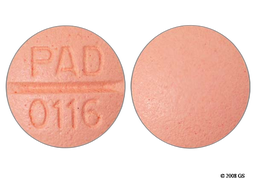

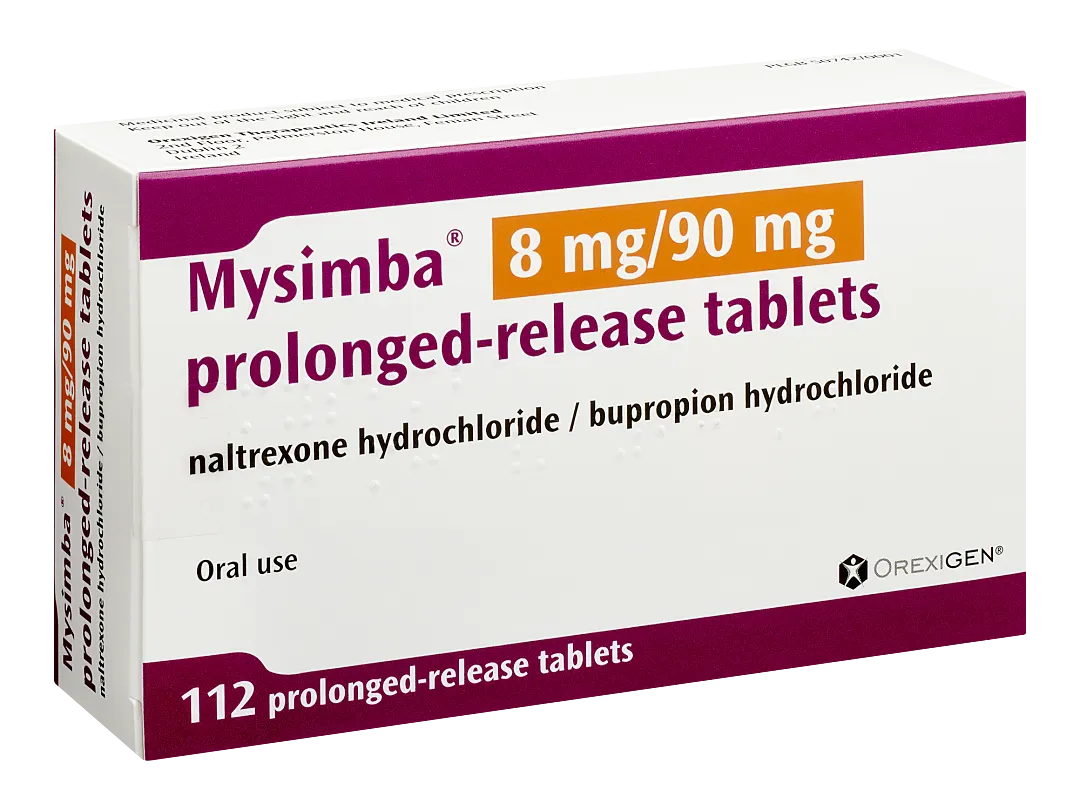


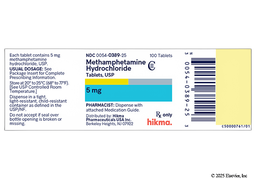

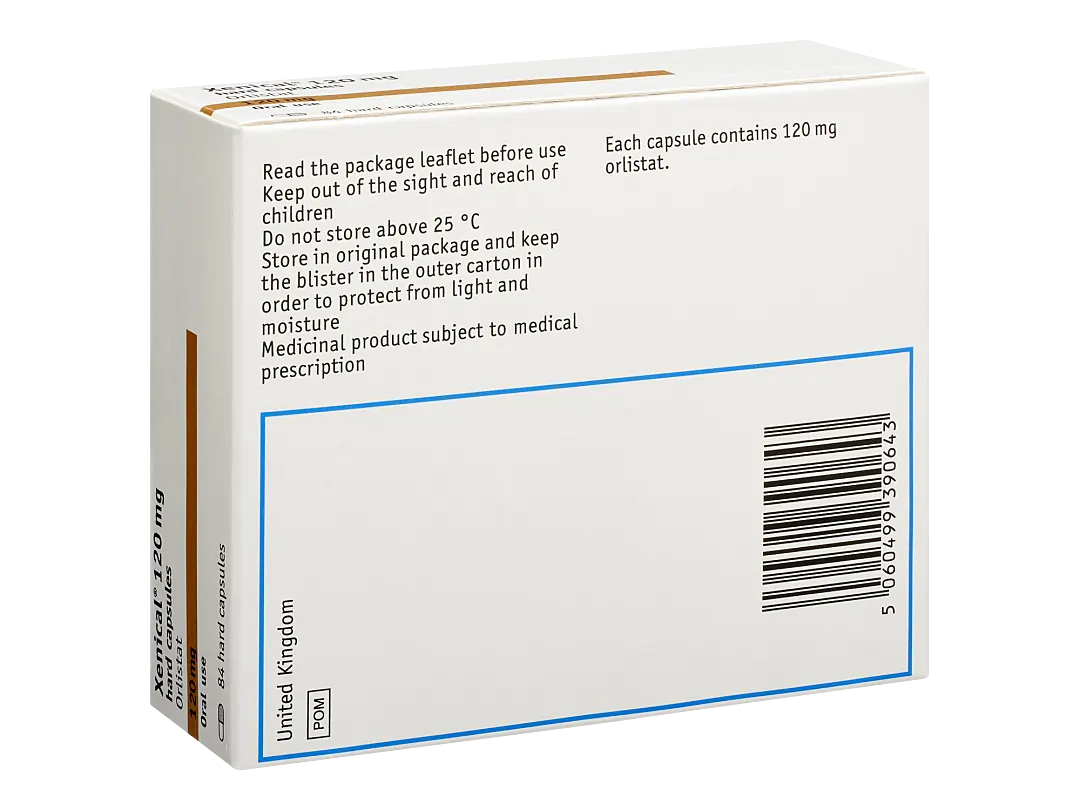

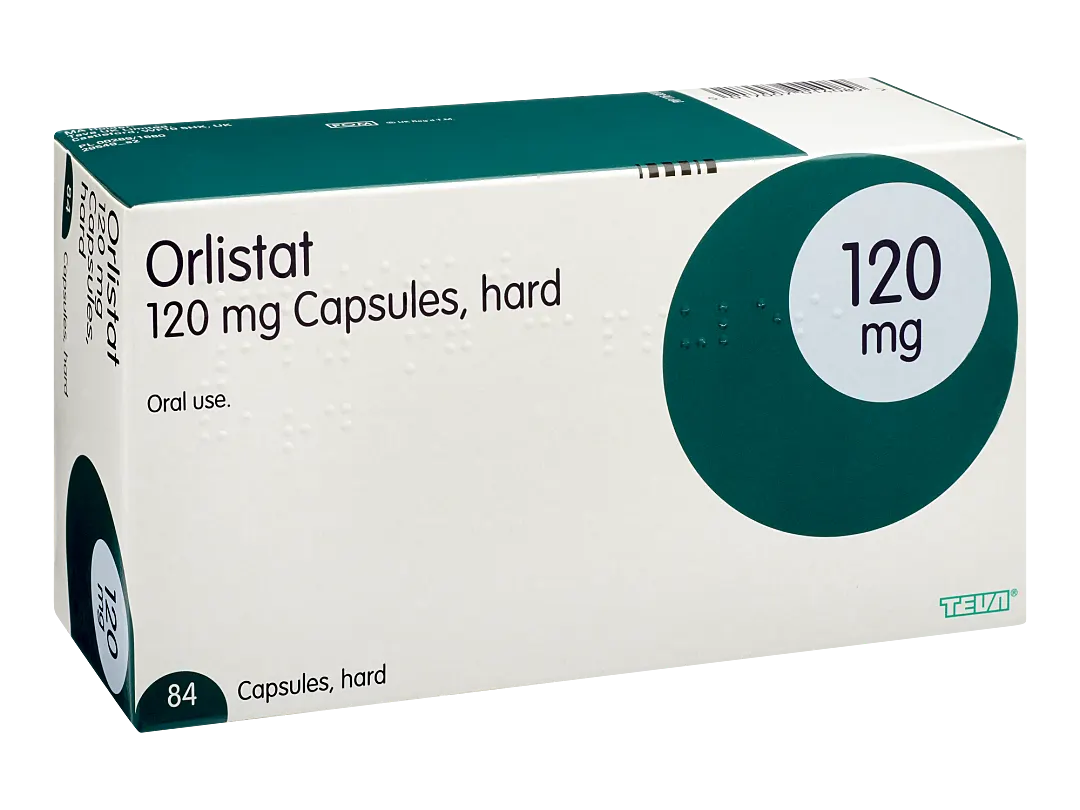
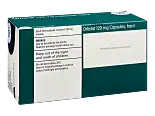

Reviews
There are no reviews yet.